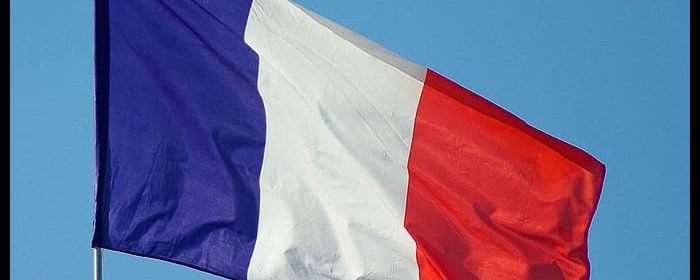French Inflation Sets New Record

France’s consumer price inflation and producer price growth accelerated further to set a new records, driven by energy prices and supply disruptions due to the war in Ukraine, and the economic output failed to grow in the first quarter, raising the risk of stagflation.
The consumer price index rose 4.8 percent annually in April following a 4.5 percent increase in the previous month, preliminary figures from the statistical office INSEE showed Friday. The acceleration matched economists’ expectations.
Energy price inflation eased slightly, but remained strong at 26.6 percent versus 29.2 percent in the previous month. Food inflation accelerated to 3.8 percent from 2.9 percent. Services costs rose 2.9 percent after a 2.3 percent increase.
On a month-on-month basis, consumer prices rose 0.4 percent following a 1.4 percent increase in March.
The harmonized index of consumer prices, or HICP, rose 5.4 percent annually after a 5.1 percent increase in March. On a monthly basis, the EU measure of inflation climbed 0.5 percent after a 1.6 percent increase in the previous month.
Separately, INSEE reported that industrial producer price inflation accelerated strongly to 24.4 percent in March from 20.2 percent in the previous month. The monthly increase climbed to 4.6 percent in March from 0.7 percent in the previous month.
These are the strongest rises recorded in the available series since January 1995, INSEE said.
In addition to the inflationary context observed since mid-2021, the tensions generated in March 2022 by the war in Ukraine caused new price hikes for items like oil, gas, metals, food raw materials, and so on, INSEE said.
Gross domestic product was unchanged from the fourth quarter when the economy expanded 0.8 percent, revised from 0.7 percent, preliminary data from the statistical office INSEE showed earlier on Friday. Economists were looking for 0.3 percent growth.
The economy stagnated due to weakness in domestic demand, the agency said.
Energy prices have risen sharply since the war in Ukraine and that is strongly influencing inflation across the region as many European countries are dependent on gas and oil supplies from Russia. The rising trend in energy prices is expected to continue for sometime.
Several European countries including Germany are trying to reduce their dependence on Russian gas.
This week, the state-owned Gazprom shut gas supplies to Poland and Bulgaria, and Moscow demanded that European customers of its energy should pay in rubles, causing an uproar.
Source: Read Full Article
